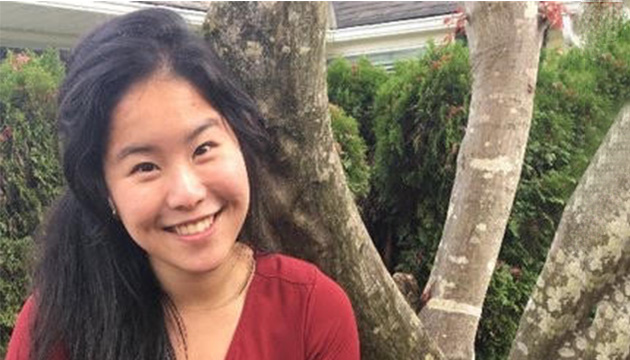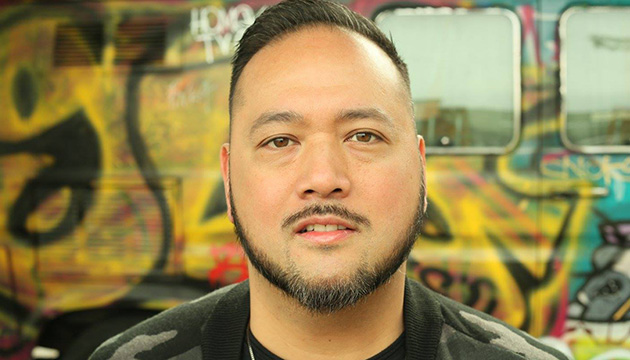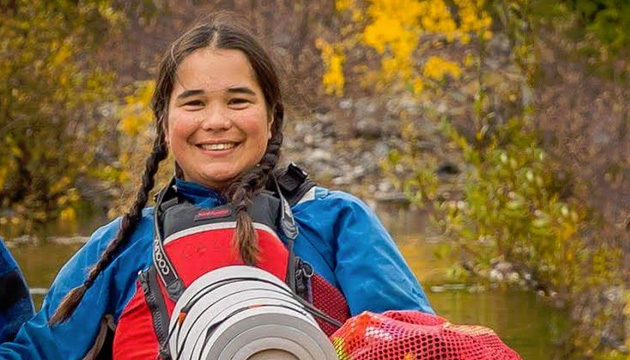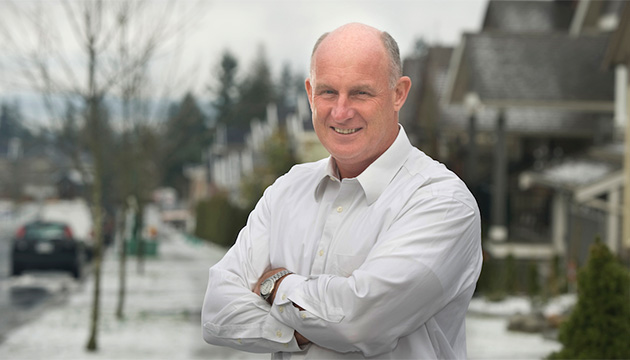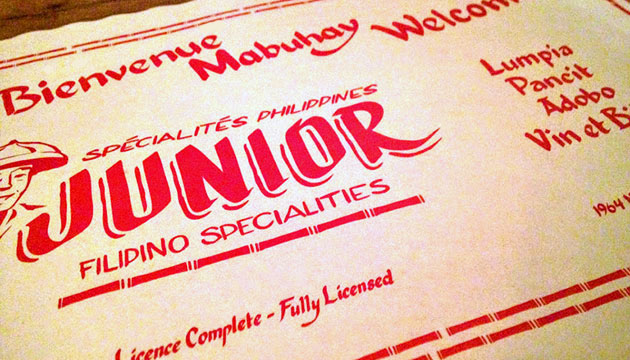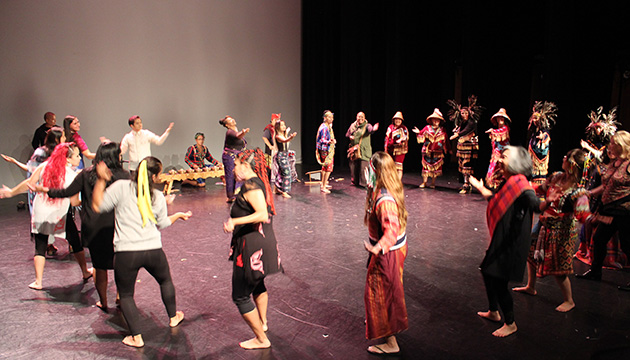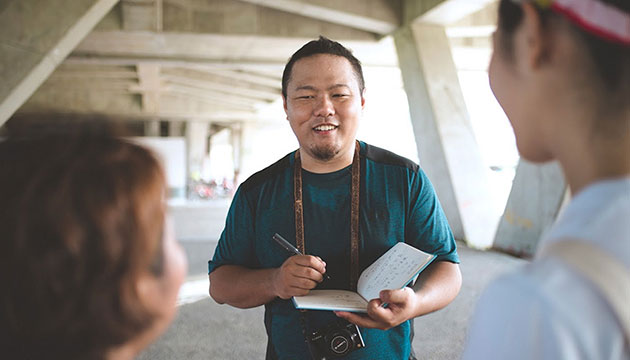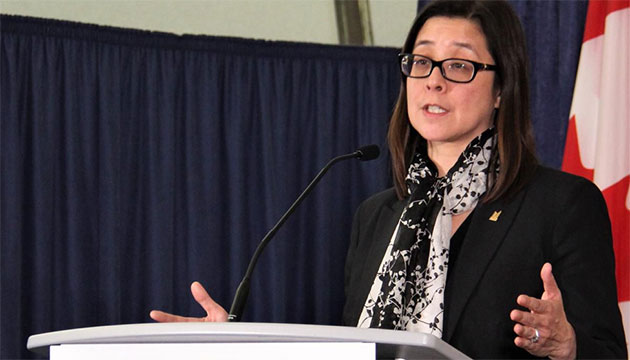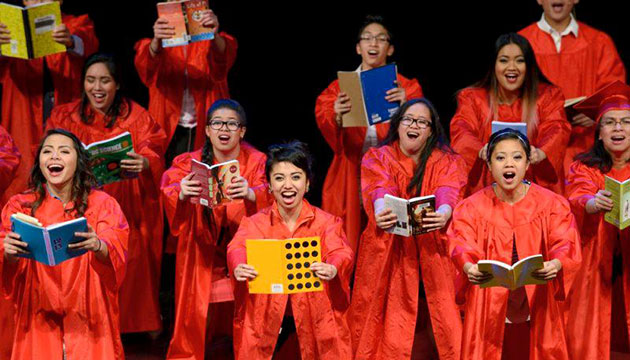Last year, I had an opportunity to facilitate classes to supplement students’ Socials Studies curriculum at a Vancouver school.
It hasn’t been that long since I was a curious high school student myself!
I entered the classroom and was greeted by faces who looked a lot like mine. I read out last names from the class list that sounded a lot like mine. We had conversations and shared personal experiences that were a lot like mine.
But I also immediately observed some notable differences.
Students seem to experience strength in numbers. They see their family’s stories reflected in each other: such joy reminiscing about Lola’s arroz caldo or lumpia, or the way Nanay exclaims ‘ay seus!’ when she hears an excuse for a poor test mark.
It is possible to speak bits of your home at school without being told, “This is Canada. We speak English here,” as if honouring your mother's mother tongue is a shameful cuss word to be “soaped” out of your mouth.
To my surprise, students seem comfortable sharing experiences about growing up here or in a corner of the world, to speak about culture and identity more than I would, or could have done at their age.
And truthfully, I’m a little jealous.
A few years after my parents migrated in 1990, I was the first in my family born outside of the Philippines’ vast transpacific. I grew up in Richmond hearing an unabashed medley of languages and dialects including Tagalog, spoken so quickly it blends into one.
In high school, I was part of the growing Asian demographic in the Lower Mainland. Yet I found myself struggling to make sense of where I fit within the Asian imaginary.
At 14, this was sometimes hard to stomach. I floated between friend groups, neither totally fitting in with the four Filipino girls in my grade nor those who called Vancouver home. Still, I knew the must-know Filipino telenovelas. I could hum popular K-pop songs. I learned cuss words in Cantonese. I could order my favourite Taiwanese dishes.
I was almost enough and yet not quite.
To some, I was Filipino. To others, some kind of Asian. A Canadian. A mish-mash. So which was it? All of them? Something else?
I know that my grappling with identity as a hyphenated Asian-Canadian something would have been less of a struggle and more of a discovery had there been spaces for me to sample, digest, and explore parts of my cultural upbringings beyond the static white box of school—a core institution largely responsible for our socialization.
High school students in this province continue to use the same Social Studies textbooks published in 1997, the same required textbook I used as a student and as a teacher. It’s as if this proud country’s history and people have stayed stagnant and unchanged for 20 years.
When we read facts in books, we’re required to learn them as truths. But that often doesn’t leave room for the histories our parents have lived to tell or come to know.
This was my experience, at least: Pa interrupting me as I was studying my Social Studies 9 textbook that claims explorers like Magellan ‘discovered’ an Indigenous Canada. He recounted Labanan sa Mactan: how Lapu-Lapu resisted Magellan and his colonizing conquest for occupied land. It was the same individual, the same act, but two totally different histories and values competing for a memory in my head. Stuck in between worlds, it’s no wonder others couldn’t identify me when I couldn’t do it myself.
So long as old systems and narratives continuously produce the same traditions of defining ‘Canadian’ based on dated historical knowledge and language without room for other diverse voices, so many of us are caught in-between. So many of us are still struggling to identify as second generation, Filipinos, and/ or - Canadians. “Ako ay Pilipino: sa puso, sa isip, sa salita, at sa gawa”. To be is more than just a label, it involves heart, thoughts, words, and actions.
Teetering on the hyphenated unbalance of being connected to different worlds, these are opportunities for difficult conversations that explore experiences of (un)belonging and (dis)connections, to support spaces for coloured voices to be heard, and for multifaceted identities to exist beyond the prescriptive constraints of what society dictates. We don’t have to identify with being just Filipino or just Canadian. There is room for both and more. Because who to be and how to be is decided by us, for us, and certainly not by an aged 20-year- old textbook.


